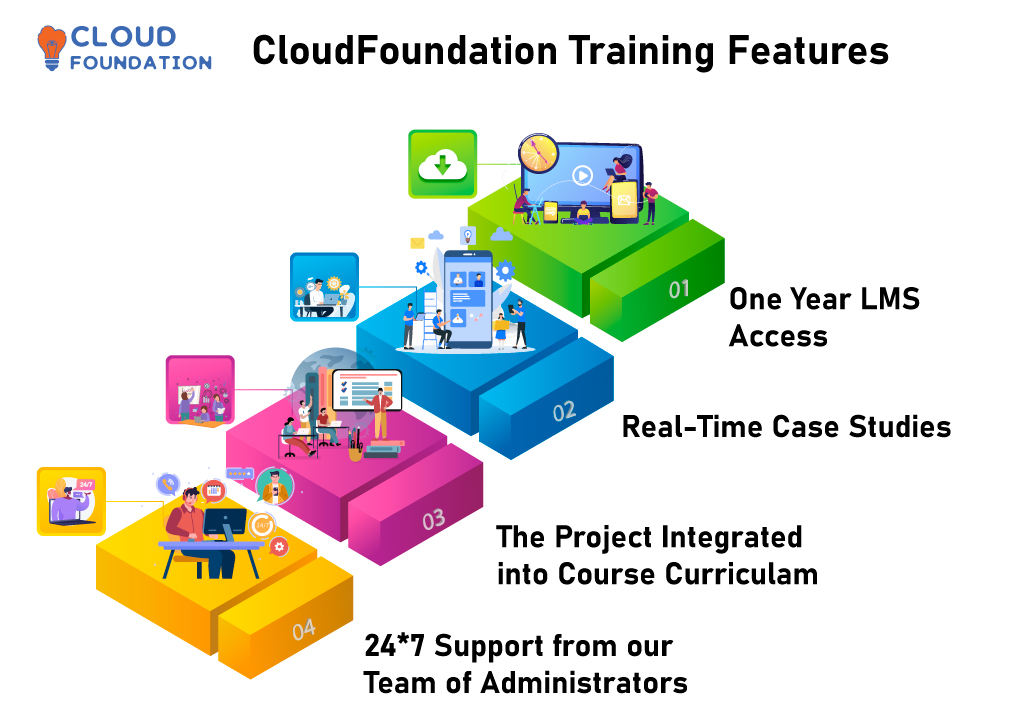Workday Finance Training | Best workday Finance Course
Workday Finance Training | Best workday Finance Course
⏰20 hours | ▶️ 32 Videos | 📣 8194 Participants |🎓 6573 Reviews | 4.8 ⭐⭐⭐⭐⭐
Choose a Plan that Works for You
Self Paced
- Advanced sessions
- Interview Q&A
- Free study Materials
- Premium Technical support
Instructor Led Live Training
- Live Instructor
- Advanced sessions
- Interview Q&A
- Premium Technical Support
Corporate Training
- Live Instructor
- Advanced sessions
- Interview Q&A
- Premium Technical Support
Upcoming Batches PST
Weekday
| Dec 11(1 HR A DAY) |
| 06:30 PM PST |
| Enroll Now → |
Weekday
| Dec 31(1 HR A DAY) |
| 08:30 AM PST |
| Enroll Now → |
Weekend
| Dec 27(1 HR A DAY) |
| 07:00 PM PST |
| Enroll Now → |
Upcoming Batches IST
Weekday
| Dec 12(1 HR A DAY) |
| 07:00 AM IST |
| Enroll Now → |
Weekday
| Dec 31(1 HR A DAY) |
| 09:00 PM IST |
| Enroll Now → |
Weekend
| Dec 28(1 HR A DAY) |
| 07:00 AM PST |
| Enroll Now → |
Course Description
Workday Finance Training Get interesting & standard notes on the Course by core fundamentals from basic learning skills by CloudFoundation. You can get a career break in a single step within.
It is a web-based ERP-based on-demand Financial and Human Capital Management Software in time.
Workday Finance online training can benefit any employee.
It can provide an introduction to budgeting, cash flow, financial analysis, and asset management and deepen existing knowledge of accounting systems.
Workday Finance courses can improve the efficiency and accuracy of accounting and finance staff and help employees participate knowledgeably in financial decisions.
Get a brief on your Workday Financial Management Training program with the best instructor and get additional 24/7 technical support from our team for any queries.
Get through the workday financials training process now with our trainer’s support to achieve your career goals.
Grab great Job opportunities by seeking the best practical approach in your Certification by reaching out to us & being at a leading Level with the highest salary pay.
A top-notch learning experience is offered by CloudFoundation, providing with all the workday financials training material, as well as the educational workday finance videos.

Course Content
1.Core Concept and Navigation
- Core Concepts
- Tenant
- Basic Navigation
- Functional Area
2.Organization and Work tags
- Overview
- Security Policies
- Organization
- Reorganization
- Create Company
- Bank Setup
- Create Bank Routing Rule
- Organization Hierarchy
- Cost Center Organization
- worktags
3.Financial Accounting Setup
- Setup Currency,
- Fiscal Schedule
- Account Set
- Account Control Rule Set
- Accounting Posting Rule Set
- Account Translation Rule Set
- Default Reporting Book,
- Journal Reversal Option
- Company Accounting Details
- Create Ledger
- Ledger Period
- Maintain Ledger Period
- Custom Validation.
4.Process Accounting Journals
- Overview
- Financial accounting flow
- Financial Transaction flow
- Accounting Journals
- Create Journal
- Copy, Repost, Cancel Journal
- Journal Approval Procedure
- Create Recurring Journal Entry Template
- Journal Setup
5.Create and Process Journal EIB
- Create Journal EIB
- Populate journal information
- Load Journal EIB
- Process Journal.
6.Review Period Close
- Allocation
- Revaluation
- Consolidation
- Translation
- Balance carry forward
7.Security
- Functional Areas
- Domain Security Policies for Functional Area
- Business Process Security Policies for Functional Area
- Create Security Group
- View Security Group
- Security Analysis for Workday Account
8.Suppliers
- Overview
- Supplier setup
- Create Supplier
- Spend Categories and Purchase Item
9.Supplier Invoices
- Overview
- Security Policies
- Create Supplier Invoice and Adjustment
10.Customer
- Overview
- Customer setup
- Create Customer
- Revenue Categories and Sales Item
- Customer Validation
11.Customer Invoices and Customer Receipts
- Overview
- Create Customer Invoices and Adjustment
- Record customer payment -On account, short payment
- Create Customer Refund
12.Settlement
- Overview
- Create settlement run
- cash flow
13.Close and Report
- Overview
- Period close
- Bank Reconciliation
- Financial Reporting
14.Workday Reporting
- Overview
- Reporting terminology
15.Expenses
- Create Expense Report
- Settlement of Expense Report
- Create Travel Expense Report
- Create Spend Authorizations
